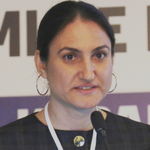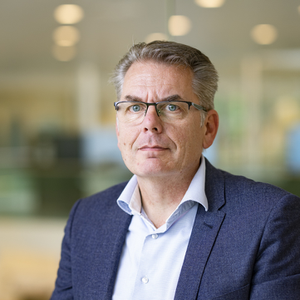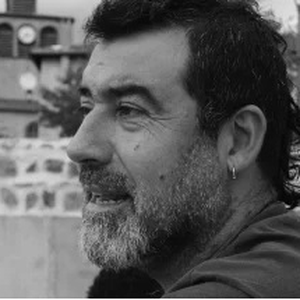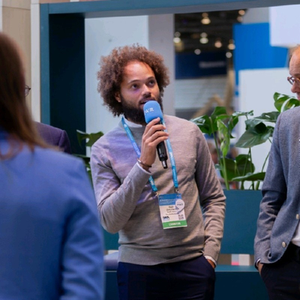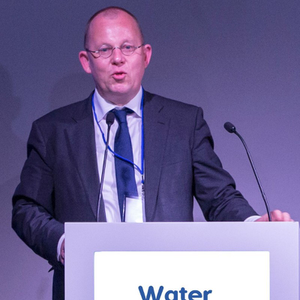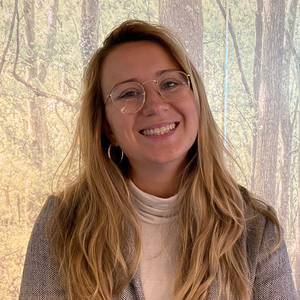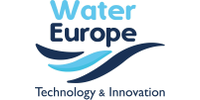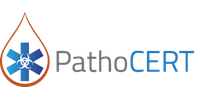Communities of practice (CoPs) connect people with common goals and interests for the purpose of sharing resources, strategies, innovations and support. CoPs support the transmission and expansion of knowledge and expertise for leaders, learners and professionals in any field or discipline. Their approach is based on the aim to create a shared vision and derive joint strategies to address concerns and overcome existing technological, economic, environmental and societal challenges. Unlike more traditional multi-stakeholder engagement formats, Communities of Practice are based on members' interest and desire to learn, develop and share their experiences and expertise. They contribute to create connected and collaborative communities that can discuss and develop themes of different values and importance to any of the social and economic domain of our society. Within a CoP, members swap stories, resources, and expertise.
In a nutshell CoPs are defined as social learning systems that bring together people who share a concern or a passion for something they do and learn how to do it better as they interact regularly.
Innovative solutions to the globe's most pressing issues will come about as a result of effective collaboration, communication and knowledge exchange. Research has shown that bringing people together from different backgrounds and interests can elevate the potential for relevant innovations to be effectively applied at the local level as well as up scaled and diffused. As such, CoPs are a vital component to EU Projects to deliver solutions tailored and co-created by a diverse group of individuals who can ensure the long-term success of technologies and innovations developed and tested in project case studies.
In this regard, many projects funded by different program of the EU organize CoPs and several cases can be found in Horizon 2020 and Horizon Europe R&I funded projects, where CoPs play different role and contribute differently to the sustainability of the actions of the project.
This WPE organized in collaboration with the Pathogen Contamination Emergency Response Technologies (PathoCERT) intends to show and share at large, the results of projects applying a CoPs approach across their implementation, learn more about their respective experiences including encountered challenges and opportunities, and provide an in-depth perspective of the deployed systems and approaches. The event is part of Water Project Europe (WPE), a series of Water Europe events designed to learn from and build on the experience of innovative projects working on converging topics. WPE aims at clustering water-related projects and to allow them to interact, mutually build on the respective experience, support policy development, and stimulate the sustainability of innovations.
PathoCERT 's goal is to increase the ability of first responders to rapidly detect waterborne pathogens and ensure collaboration and coordination between the different actors during an emergency event. To achieve this, PathoCERT brings together universities, research organizations, small and medium-sized enterprises (SMEs), large enterprises, first responders, and water utility operators to collaborate and operate in five European cities: Granada (Spain), Amsterdam (The Netherlands), Limassol (Cyprus), Thessaloniki (Greece), Sofia, (Bulgaria), and Seoul (South Korea). The coordinator of the PathoCERT multi-stakeholder engagement approach, CSCP leads and manages with the support of local partners the organizational chain to guide and implement co-creation processes supporting the development of PathoCERT technologies exemplified via the setting up and running of six Communities of Practice (CoPs) in each project pilot sites. These Communities of Practices provide co-creative and experiential learning environments, with a comparative connotation, where relevant stakeholders come together, share information and knowledge, co-create, test and validate pathways, novel technological solutions, methods and processes.
Together with PathoCERT other two H2020 supported projects have applied the CoP approach as multi-stakeholder engagement and co-creative tool: ULTIMATE that aims to create economic value and increase sustainability by valorizing resources within the water cycle, drawing on the Water Smart Industrial Symbiosis; and WATER MINING that exhibits and validates innovative next-generation water resource solutions at the pre-commercial demonstration-scale combining water management services with the improvement of renewable resources such as mining water, innovative service-based business models aiming to improve the engagement of private and public stakeholders.
These three projects – even though have different targeted and scopes – share the central element of the CoPs and are here today to discuss about the importance and the value of CoPs and how they represent a key tool both for the long-term sustainability of the novel developed solutions as well as for the efficient and successful uptake of those innovation on the field.
09:30 - 09:45
Welcome and introduction
Welcome and introduction
• Introduction to the event
• Introductory online poll for the audience09:45 - 10:15
Keynote The role of CoPs in the green and digital transition of Europe, the 3 projects in a nutshell
Keynote The role of CoPs in the green and digital transition of Europe, the 3 projects in a nutshell
• Presentation of Pathocert: structure and result + Short movie on Pathocert
• Presentation of ULTIMATE: structure and results
• Presentation of Water Mining: structure and results10:15 - 11:15
Synergy and Diversity
Synergy and Diversity
The PathoCERT CoPs: the environment and the experience
The ULTIMATE CoPs: the environment and the experience
The Water Mining CoPs: the environment and the experience11:15 - 11:40
Synergy and Diversity - Plenary exchange
Synergy and Diversity - Plenary exchange
Panel discussion – moderated - including CoPs and Project representatives:
• challenges and opportunities from the experience of CoPs from the different projects. How to create synergies?
• Prospective of CoPs after projects phase out: how to define a common sustainability approach?
• A network of CoPs: a dream or a real opening?11:40 - 12:00
Discussion and Q/A session
Discussion and Q/A session
Final remarks and takeaways
Final poll questions
Connect with 209 people attending this event

